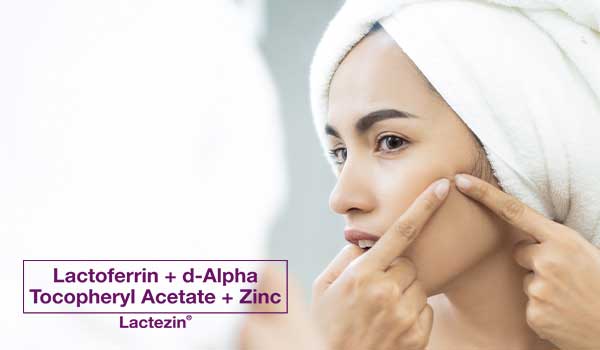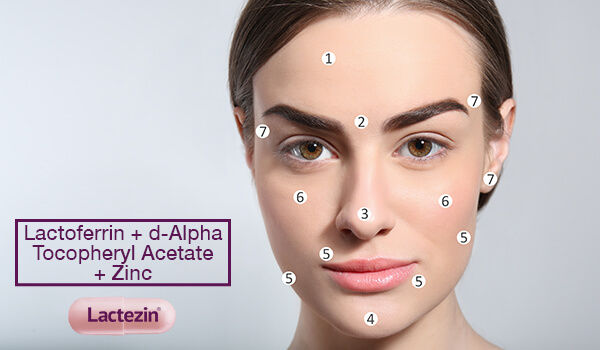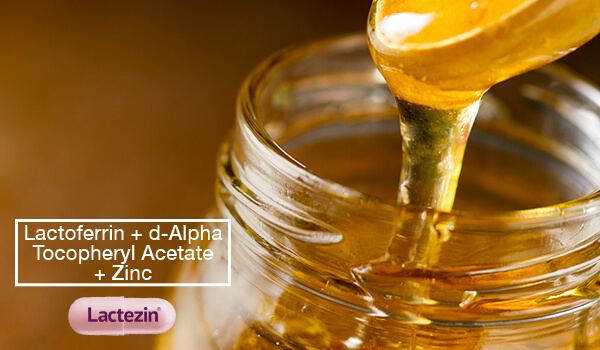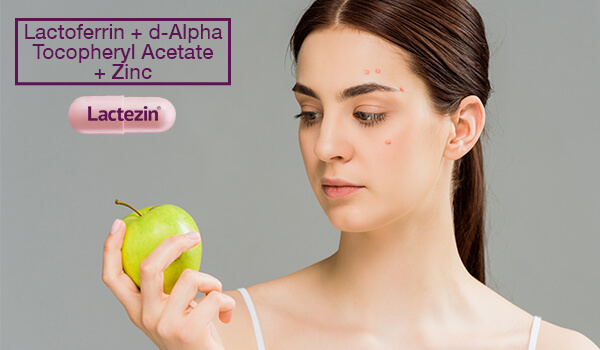5 Mistakes That Can Make Your Pimples Worse

If you have acne-prone skin, chances are you know every trick in the book on how to prevent pimples. Removing your makeup or washing your face twice a day are simple yet effective steps that can help alleviate your breakouts, however, are you sure you are doing it correctly?
You might be unknowingly making several skincare mistakes that make your pimples worse. From exfoliating too roughly to inconsistently taking your medications, here’s a closer look at some of the most common mistakes people make that make their condition worse.
“Since I have acne-prone skin, I gravitate towards skincare products that have strong ingredients.”
It’s only normal to think that strong and abrasive products can effectively get rid of stubborn pimples and acne. However, ingredients like crushed walnut shells, sulfates, and alcohol can make your already acne-ridden worse.
Physical exfoliation is a thing of the past now. While this process definitely helps in the removal of dead skin cells, ground-up shells, sugar, and coffee granules can be far too harsh for the face. If you overdo it, the sharp edges can cause microtears on the skin and disrupt the skin barrier, spurring redness and inflammation. Meanwhile, sulfates and alcohol can strip away the natural oils on the skin, leaving it dry and irritated.
Why not give chemical exfoliants a try instead? While the thought of applying acids to your face sound scary and intimidating, alpha hydroxy acids (AHA) like glycolic and lactic acid and beta hydroxy acids (BHA) aka salicylic acid do the same job but in a much gentler way. They dissolve connections between skin cells, so the dead skin can naturally slough off. The result? Prevention of pimples and luminous, glowy skin thanks to clean pores.
“I only use makeup wipes to remove my makeup.”
For busy individuals, makeup wipes are a godsend. They’re conveniently packaged to be lugged everywhere, plus they get the job done. However, for some, the cleansing process ends there, completely forgetting about washing the face. Yikes!
Makeup wipes pose a few problems, unfortunately. Scrubbing your face repeatedly with a wipe can cause low-grade inflammation, which eventually leads to early signs of aging and frequent breakouts. Plus, smearing around the dirt, oil, makeup, and the infused chemicals from the wipe may clog your pores.
So, if you’re going to use a makeup wipe, follow it up with a gentle face wash that can effectively remove the makeup, dirt, and excess oil that’s been left behind.
“I’m not picky when it comes to face wash. As long as it cleanses my skin, then I’m using it.”
There’s a reason why skincare products are labeled and marketed according to skin types. If you’re not going to follow it, then it can end in disastrous results.
Oily complexions are encouraged to use light, water-based, gel products. Keep an eye out for non-comedogenic ingredients such as aloe vera and green tea. There are also cleansers with salicylic and glycolic acids as key ingredients. In general, just avoid thick, creamy cleansers that contain too many lipids or oils.
It’s also important to remember to be patient with cleansing. If you rinse it too quickly, then you’re not giving the ingredients enough time to do its job. Massage your face for at least a minute before rinsing with water.
“If my dermatologist can prick my pimples, then surely I can do it too!”
We all know better than to prick our own pimples, however, it’s a guilty pleasure many of us are ashamed to admit.
Squeezing a pimple forces the oil and bacteria deeper into the skin resulting in a bigger breakout. It can also spread the bacteria responsible to other parts of the face leading to future pimple formation. Popping your pimples also interferes with the body’s natural healing process. Believe it or not, acne is the body’s response to bacteria-clogged pores. Pricking the area interferes with this process and potentially introduces new bacteria from your hands, making your condition worse. The worse part is, pricking can damage the skin permanently leaving it scarred with dark marks.
If you wake up with a breakout or if you can feel a pimple forming, it’s best to leave it alone. But if you “accidentally” prick it, have a pimple patch ready. These tiny hydrocolloid bandages are the same material used in hospitals to suck out all the blood and pus from open wounds to prevent infection and promote healing.
“I don’t take my acne medication on a regular basis, only when I can feel pimples forming.”
Over-the-counter acne medications are a great and easy way to help the prevention of pimples. However, if you are taking more or less than the recommended dosage, then it will be all for naught.
A great oral medication that can get you started is Lactoferrin + d-Alpha Tocopheryl Acetate + Zinc (Lactezin). Lactoferrin has natural anti-inflammatory and antibacterial properties. Aside from helping in reducing inflammation and sebum production, it can also enhance the body’s natural defenses in fighting bacteria.
When taken twice daily for 2 weeks, Lactoferrin + d-Alpha Tocopheryl Acetate + Zinc (Lactezin) can lessen pimples and improve skin appearance.
Lactoferrin + d-Alpha Tocopheryl Acetate + Zinc is the generic name of Lactezin. If symptoms persist, consult your doctor.
If you want to know more about how you’re unknowingly making your pimples worse, click here.
SOURCES:
https://www.forhers.com/blog/avoid-these-7-skincare-mistakes-that-worsen-acne


